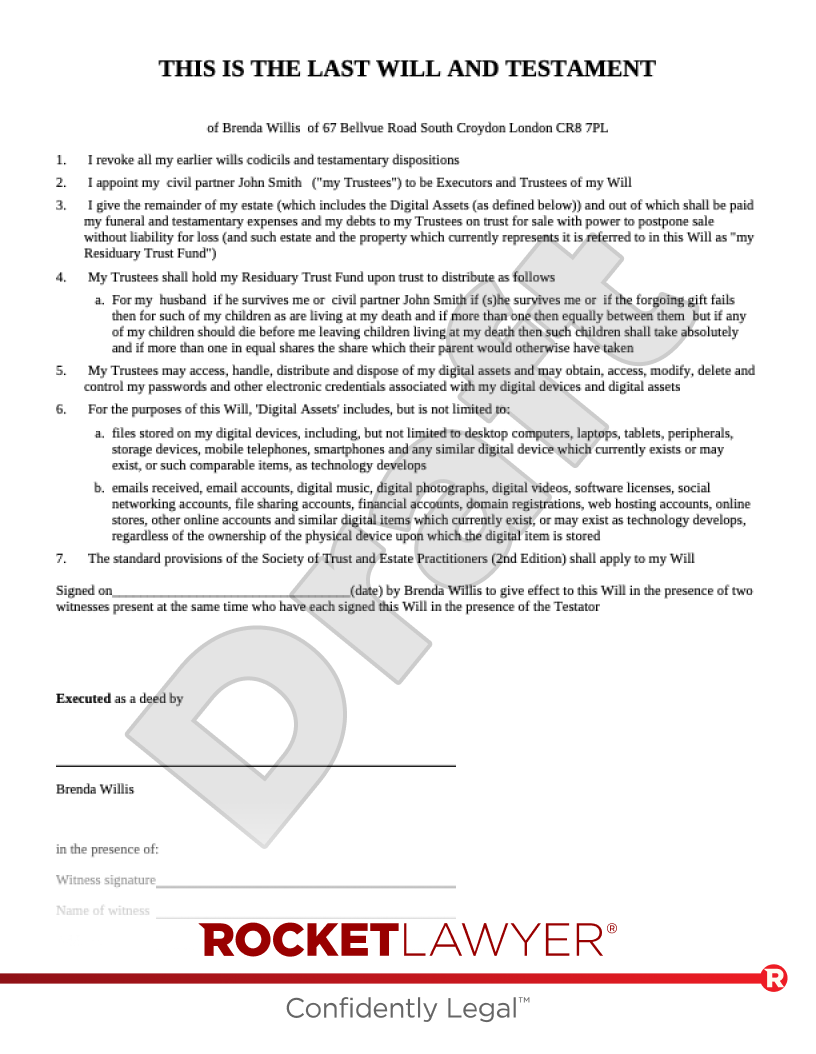What is a mirror will?
Mirror wills are virtually identical wills where one person in a couple leaves their estate to the other in the event of their passing away. The most common mirror wills are when one spouse leaves everything to their spouse and then to their children. The other spouse’s will is similar, in that they leave everything to the other spouse and then to the children. The result is that when one of them dies, the other is protected, and upon the second death, the children inherit the assets.
When should mirror wills be written?
Mirror wills should be written as soon as possible, particularly if you have children. If you are engaged, in a marriage or civil partnership and both of you want the same thing as to where your assets should go when you pass away, you should consider making mirror wills. If neither partner wants the same thing, then you can both make individual wills.
Why make a mirror will?
Your partner inherits everything
Mirror wills are very similar documents drafted for couples that mutually agree to leave their whole estate to the last surviving partner if one of them passes away. By agreeing to a mirror will, you are protecting your partner's financial future (as if you are unmarried, they would not necessarily be legally entitled to inherit your estate).
You can provide for your children
A mirror will can include instructions for both parties' estates to be left to any surviving children should the couple die at the same time. If you have any children under the age of 18, you can appoint a guardian for them should both parents pass away.
You can name additional executors
Usually, the partners are the sole beneficiary in each other's mirror will and are also each other's executor (ie a person named by the maker of a will to carry out the directions of the will). In the case of mirror wills, additional executors should be named, so that both partners' wishes can be carried out at the same time if they die.
What are the problems with mirror wills?
Either party is free to change their will at any time. Although a couple's wishes may be identical, their respective wills are theirs alone. Therefore, trusting your partner is vital because if you decide to change your will, you do not have to tell your partner (and they do not have to tell you either). This is particularly significant if, after your death, your partner remarries or has children with somebody else (ie they could decide to change their will and subsequently pass on your assets to people you do not want).




